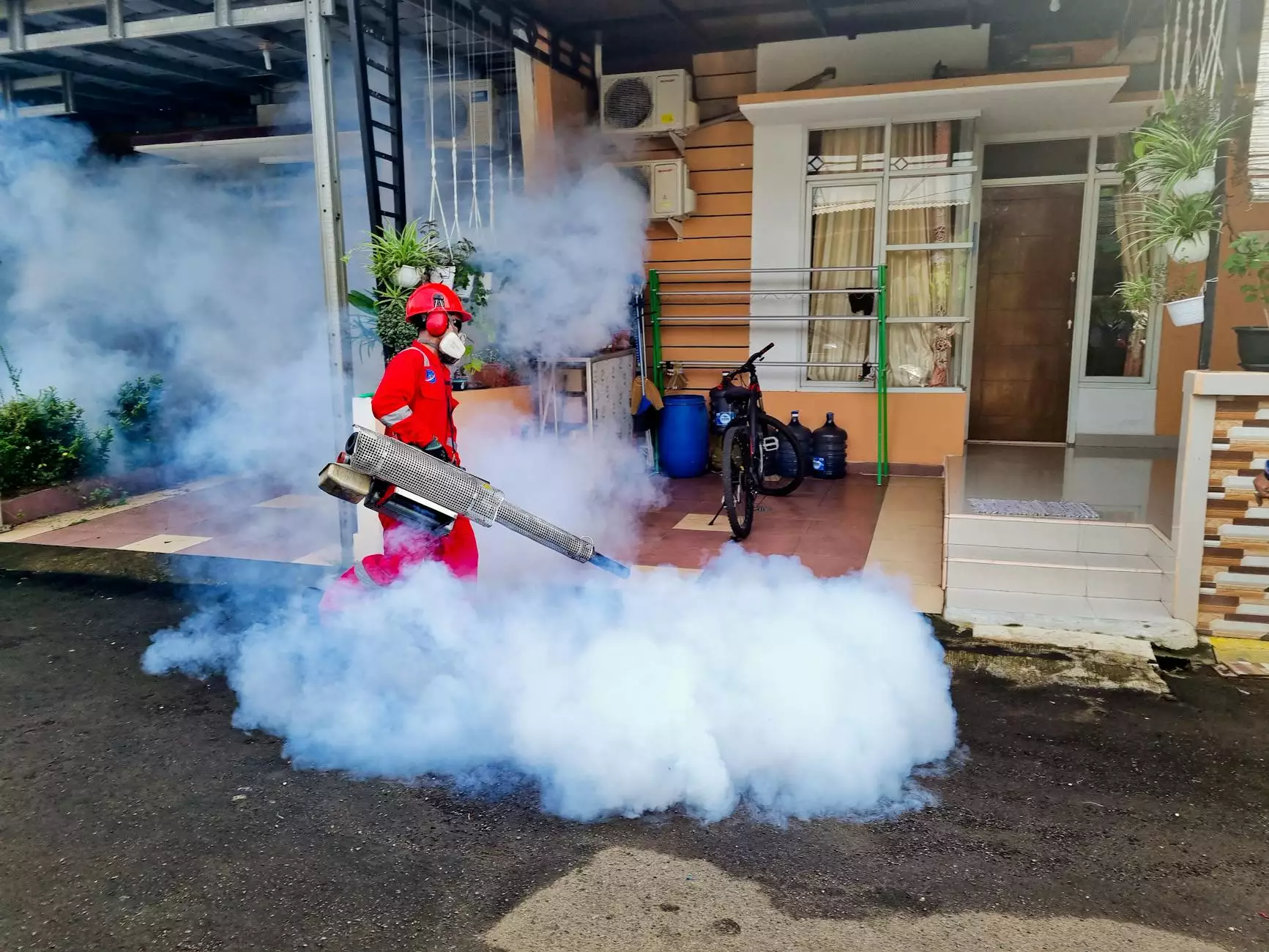Insecticide for Rice Bug: Protecting Your Rice Crops

Rice production is a cornerstone of food security and agricultural sustainability. However, the presence of pests, particularly the notorious rice bug, poses significant challenges to farmers. Understanding how to effectively manage these pests through the use of the right insecticide can make all the difference in crop yield and quality.
Understanding the Rice Bug
The rice bug, particularly known as Leptocorisa acuta, is a serious pest that affects rice crops across many regions of the world. Here’s what you need to know about this pest:
- Life Cycle: The rice bug undergoes a complex life cycle that includes egg, nymph, and adult stages, each stage capable of causing damage to rice plants.
- Feeding Habits: These bugs feed on the grains of rice, leading to shriveled and unmarketable rice output.
- Impact on Yield: An infestation can reduce yields dramatically, which can have dire economic consequences for farmers.
Choosing the Right Insecticide for Rice Bug Control
When selecting an insecticide for rice bug control, it’s crucial to consider several factors, including effectiveness, environmental impact, and safety for workers. Here are some recommended solutions and strategies:
Chemical Insecticides
Chemical insecticides can provide rapid control of rice bug populations. Here are some effective options:
- Pyrethroids: These synthetic chemicals mimic natural insecticides found in chrysanthemum flowers. They are highly effective and have a quick knockdown effect on rice bugs.
- Neonicotinoids: A newer class of insecticides that target the nervous system of the bug, these are incredibly effective against various stages of the rice bug’s life cycle.
- Insect Growth Regulators (IGRs): IGRs can prevent the rice bug from maturing into adults, effectively breaking their life cycle.
Organic Insecticides
For those looking for environmentally friendly options, organic insecticides are also an excellent choice, though they may require more frequent applications:
- Neem Oil: Derived from the seeds of the neem tree, this oil disrupts the growth and reproductive cycle of the rice bug.
- Insecticidal Soap: A simple yet effective option; these soaps suffocate soft-bodied insects like immature rice bugs.
- Essential Oils: Certain essential oils like peppermint or clove can repel rice bugs effectively when properly diluted and sprayed.
Application Techniques for Maximum Effectiveness
The effectiveness of any insecticide for rice bug depends not only on the product itself but also on the application technique. Here are strategies to enhance effectiveness:
- Timing: Apply insecticides when rice bugs are most active, typically in the early morning or late afternoon.
- Coverage: Ensure thorough coverage of the entire plant, focusing on the undersides of leaves where bugs tend to congregate.
- Rotation of Chemicals: To prevent resistance, rotate between different classes of insecticides.
- Integrated Pest Management (IPM): Incorporate cultural practices such as crop rotation, maintaining healthy plants, and using resistant rice varieties.
The Role of Farm Equipment in Pest Control
Effective pest control is not solely reliant on the proper insecticide. The use of appropriate farming equipment is essential for effective application and overall crop management. Here’s how high-quality farming equipment can enhance pest control:
Spraying Equipment
The right spraying equipment allows for efficient and effective application of insecticides:
- High-Pressure Sprayers: These deliver insecticides more evenly across large areas.
- Drone Technology: Emerging technologies such as drones can help in reaching difficult terrain and ensuring adequate coverage.
- Precision Agriculture Tools: Utilizing GPS technology helps in applying insecticides only when and where they are needed, reducing waste and environmental impact.
Farm Equipment Repair and Maintenance
Regular farm equipment repair is vital for ensuring that all machinery functions effectively:
- Routine Checks: Regular inspection and maintenance can prevent breakdowns during crucial spraying schedules.
- Upgrading Equipment: Investing in updated machinery can enhance the efficiency of pest control measures.
Best Practices for Farmers
To maximize the effectiveness of insecticide for rice bug control, farmers should consider adopting the following best practices:
- Monitoring Pest Populations: Regularly scout fields for signs of rice bugs to determine when action is necessary.
- Documentation: Keep records of pest presence, insecticide applications, and crop yield to evaluate the effectiveness of strategies used.
- Education and Training: Stay informed about new products and methods for pest management through workshops and agricultural extension services.
Conclusion
Effective management of the rice bug is critical to ensuring high yields and quality in rice production. By choosing the right insecticide for rice bug control, adopting modern farming practices, and utilizing efficient equipment, farmers can protect their crops against these damaging pests. For more sophisticated insecticide solutions and farming equipment services, TSGC Inc. remains committed to supporting agricultural success through expert farm equipment repair and high-quality farming equipment.
For more information, visit our website at TSGC Inc.









